Introduction to Urban Planning: Books, Pamphlets, and Tweets
I hope this is a good summertime discussion question…. I had an inquiry from an incoming student on what she should read before she begins her master’s program in the fall.My first suggestion was to brush up on statistics.
My second was to find a mystery set in a particular city. (Margaret Truman’s Washington DC mysteries came to mind.)My third was simply to read something beautiful enough to make her cry or laugh out loud.
What would you recommend? Care to explain why?
Johanna W. Looye, Ph.D.School of Planning/College of DAAPUniversity of Cincinnati
There were many terrific responses, including side analyses, such as of newspapers as useful but problematic sources for introductory planning debates. It is a fun exchange and a nice distraction to ponder, and as good an excuse as any to slap together a blog entry on the topic.
I only plan to mention things here that were not already mention on the Planet listserv to supplement that exchange. But it got long enough to put here. Still, it is by construction rather incomplete.
To start, I find it useful to group such introductory materials as either (a) urban planning as a field, or (b) cities in general or in particular, or then (c) as prep for the study of planning and cities.
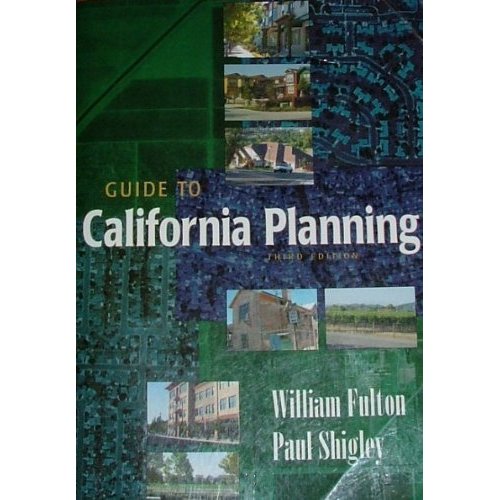
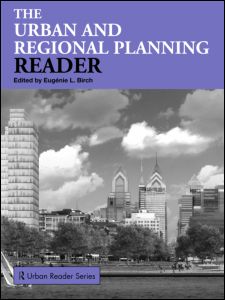
Finally, I always use Suburban Nation (Duany, Plater-Zyberk, and Speck) to get the blood flowing in my freshman seminar, and sometimes in my grad class on sprawl too. If she’s reading on her own, it can be paired with Sprawl: A Compact History by Bruegmann. The authors mean each to be provocative, and they are, but also easy to digest and extremely transparent. Maybe too transparent. One downside is that this debate over the form of cities often errs on the side of more polemic, and students sometimes feel they are being asked to pick sides, which some like and some do not.
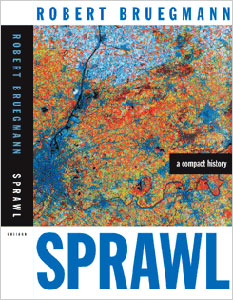
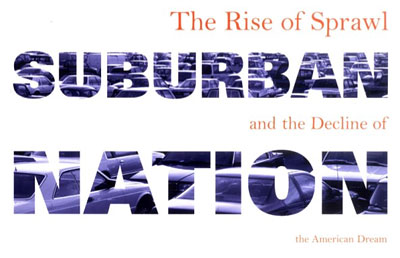
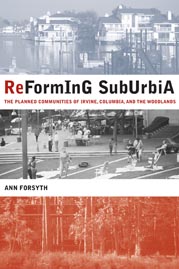
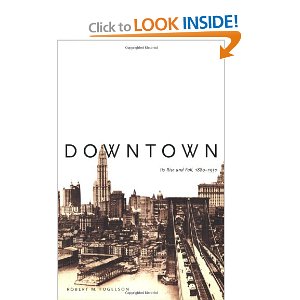
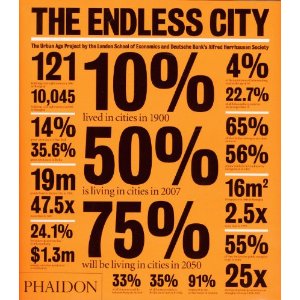
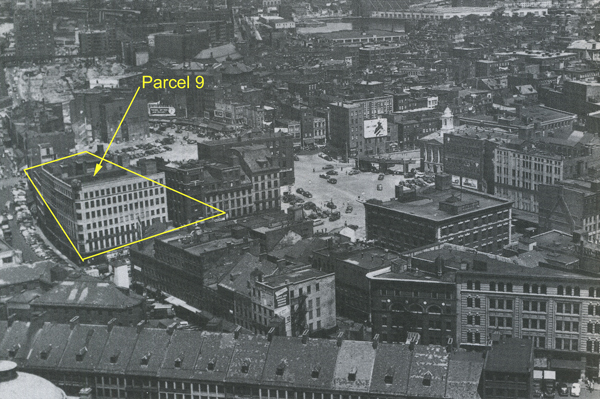
There are a few videos with Mr. Fulton as well (here’s one as part of a Berkeley seminar on land use and transportation — you can skip to minute 24 for as good a discussion of the issues surrounding legislated solutions to climate change through land use as I’ve heard), now Mayor of Ventura (full disclosure: he is also my facebook friend although, on the other hand, lately its kind of what the mayor is up to).
I found a FB fan page for Duany, which has exactly one liker. (I could personally double this number; or leave that to your student.)
Book authors increasingly have youtube videos as part of the rollout. (Here’s Venkatesh with a great reading from his new book on gang governance and entrepreneurs in the projects, which he introduces with his Freakonomics story of being kidnapped by a Chicago projects gang while doing a survey on “how does it feel to be black and poor?,” having gone from growing up in lovely master planned Irvine — which he describes as an awful place, something I hear a lot from kids growing up here, like mine, even though at least one of their parents love it — to a math major at UCSD, then to sociology grad school at UChicago, and then discussing the genesis of his dissertation problem statement and methods.)
We could just as well suggest others suited to specific areas of interest, from crashing traffic to greening the planet, to labor markets.
I wouldn’t be surprised if you could follow Duany, Fulton and maybe Venkatesh (and some gang leaders?), on twitter too. And some places (e.g., MIT and USC) have podcasts of lectures. (I would subscribe to Genie Birch’s tweets, given all she’s been up to lately.)
Brush up on statistics? Might as well add micro. But these go down easier in use on real problems. City Economics by O’Flaherty (partly available on google books) is often both deeper and more accessible that O’Sullivan’s Urban Economics, in my view, but they both also use statistics to spell out how the logic of economics can be useful for lots of kinds of city problems.
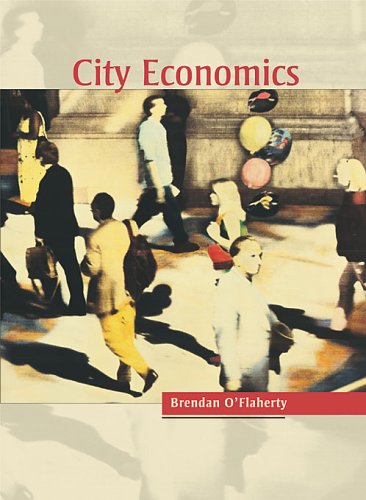
- Published:
- Thursday, August 5th, 2010
- Author:
- randall Crane
Blogroll
- Becker-Posner blog
- BLDG BLOG
- Burb
- CityStates
- Curbed LA
- Cyburbia
- DemocraticSPACE
- Environmental and Urban Economics
- Freakonomics
- LA Transportation Headlines
- Peter Gordon’s Blog
- Planetizen
- The Center for Land Use Interpretation
- The Transportationist
- the urban commons
- This week’s finds in planning
- Urbanicity
Journals
- Cityscape
- environment and planning a,b,c,d
- Harvard Design Magazine
- Housing Policy Debate
- Housing Studies
- International Development Planning Review
- International Journal of Urban and Regional Research
- International Regional Science Review
- Journal of Architectural and Planning Research
- Journal of Housing Economics
- Journal of Planning Education and Research
- Journal of Planning Literature
- Journal of Regional Science
- Journal of the American Planning Association
- Journal of Urban Affairs
- Journal of Urban Economics
- Planning Theory
- Regional Science & Urban Economics
- Transportation Research Parts A,B,C,D,E,F
- Urban Studies
- World Development
Comments are closed
Comments are currently closed on this entry.